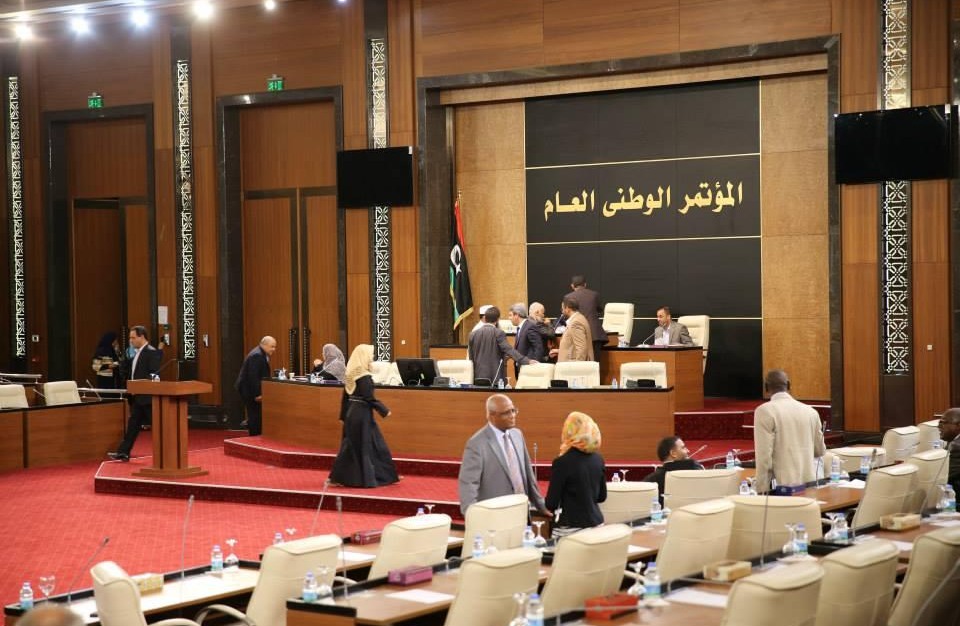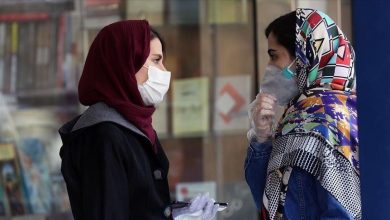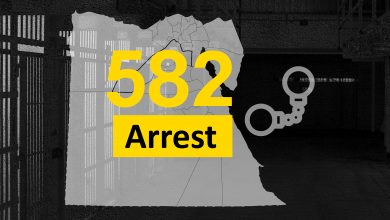Tunisia: Serious national efforts to contain Corona virus that suffer from certain shortcomings
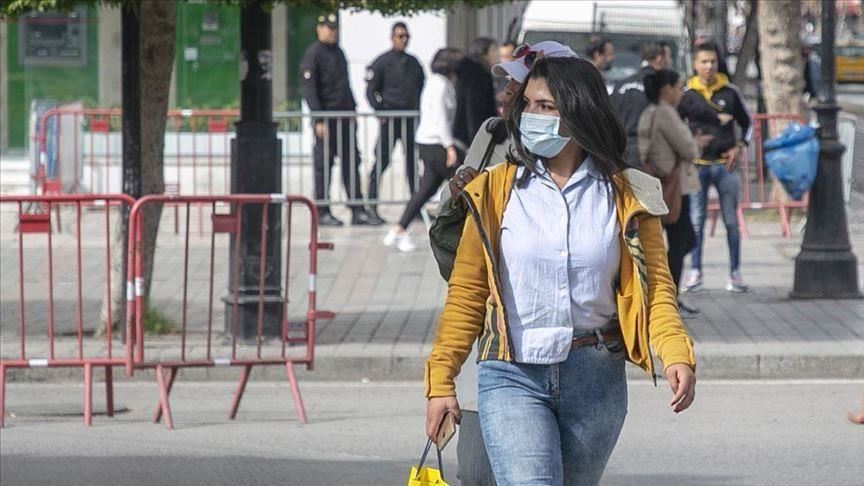
The Tunisian Ministry of Public Health communicative policy as holding regular press conferences and giving access to flows of clear information for everyone about the State’s current epidemic status represented a role model in administrating the State’s relationship with its citizens. The aforementioned contributed to avoiding the spread of fear and panic. Democratic Transition and humain Rights Support Center – DAAM praises this approach and support it as long as these policies adhere to clarity, openness and transparency.
However, the Center noted that the Ministry cancelled the daily journalistic points policy and decided that it is sufficient to depend on non-daily occasional notices which violates the necessary communicative policy for such a crisis.
DAAM Center provides its observations on the dealings of several official institutions and departments involved in managing the crisis as we intend to contribute to constructive criticism and joint action and to convey the correct image objectively, impartially and to fix what potentially can be fixed.
1- Obtaining licenses for Citizens:
obtaining licenses polices’ confusion and lack of clarity and lack of following up their application and the absence of accurate information about the competent authority who is authorized to assign extracting licenses or approve them whether it was supposed to be citizens or security agents poses a problem, for example, for private sector employees regarding assigning licenses policies. This created a state of tension between citizens and security agents, while the latter were observing the curfew’s application and citizen’s respect to its provisions, as a consequence for the absence of clear information. A group of citizens presented their licenses to the authorities but these licenses were not recognized by security forces while some civil society activists who sought to collect donations and medical supplies for public hospitals were arrested.
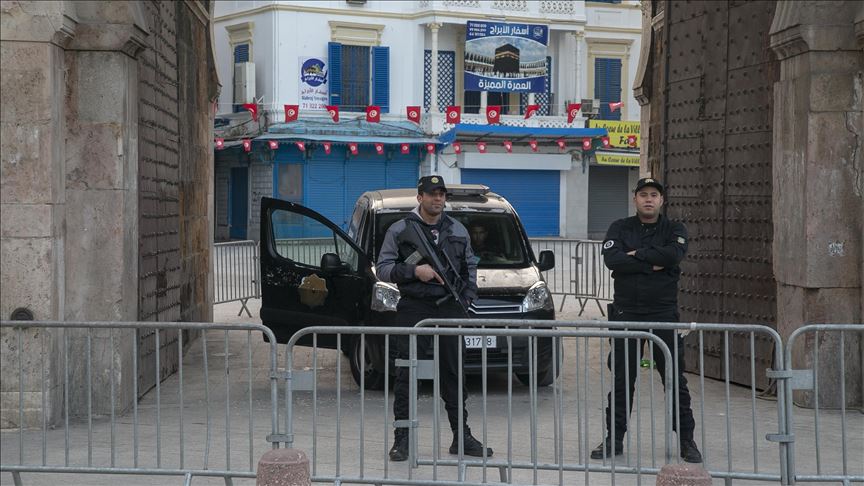
2- Obtaining licenses for industrial institutions and private sector companies:
The Ministry of Industry has granted licenses to a specific number of private institutions (200 institutions) to allow them operate while a greater number of institutions operate without licenses in a clear contradiction to the national interest that requires imposing public quarantine rules. The list of institutions that were granted licenses was also criticized as it included non-essential institutions. This requires clarification to protect workers and employees from the risk of the virus outbreak, which reached its third stage after monitoring cases of horizontal spread in several regions.
3- Supply of basic commodities:
In general, supply is regular and well-organized for most of commodities, despite witnessing some supply problems for some departments, as well as the shortage or run out of a number of basic commodities such as flour, semolina and tobacco, which calls for more effort, oversight of monopoly, and making efforts to deliver basic necessary commodities through specific and controlled channels. The partial disruption in the supply resulted in high way robberies in a number of cities and regions, with the aim of diverting the destination of shipments of some commodities to those who are suffering from shortages. This situation requires thinking about new policies to control the commodities’ movement between cities and authorities and distribute them fairly internally.
4- Water and electricity supply:
The Tunisian Company of Electricity and Gas and the National Company of Exploitation and Distribution of Water announced that they will not cut off electricity and water for citizens who did not pay their previous bills, but despite this, many citizens still receive messages on their mobile phones calling them for settling and clearing their electronic payments and receive notifications of the possibility of cutting off services. This requires reviewing and following up through reports that follow similar complaints to avoid confusion and avoid any chances of exploiting the situation in order to strain the general ambience.
5- Internet service:
This service is experiencing a lot of pressure due to simultaneous and shared consumption. The Ministry of Communication Technologies and Digital Economy, for its part, has called for rationalization of consumption, but this remains insufficient as internet services continue to operate at a level lower than required. The aforementioned affects large number of citizens, employees of public and private sectors, who work from their residence. At this phase, Internet service providers are required to assume their national responsibility and contribute to supporting the country’s efforts in this crisis.
DAAM Center praises the efforts of the health sector and its employees who are on the front lines of facing this crisis and calls upon all citizens to abide by public health measures to support their exacting efforts.
DAAM Center also commends the efforts made by the security and military institutions to maintain security and follow up the application of quarantine procedures, and calls them to display self-restraint when they deal with citizens. And calls upon citizens to cooperate with them in these exceptional circumstances that the world and the country are witnessing.

